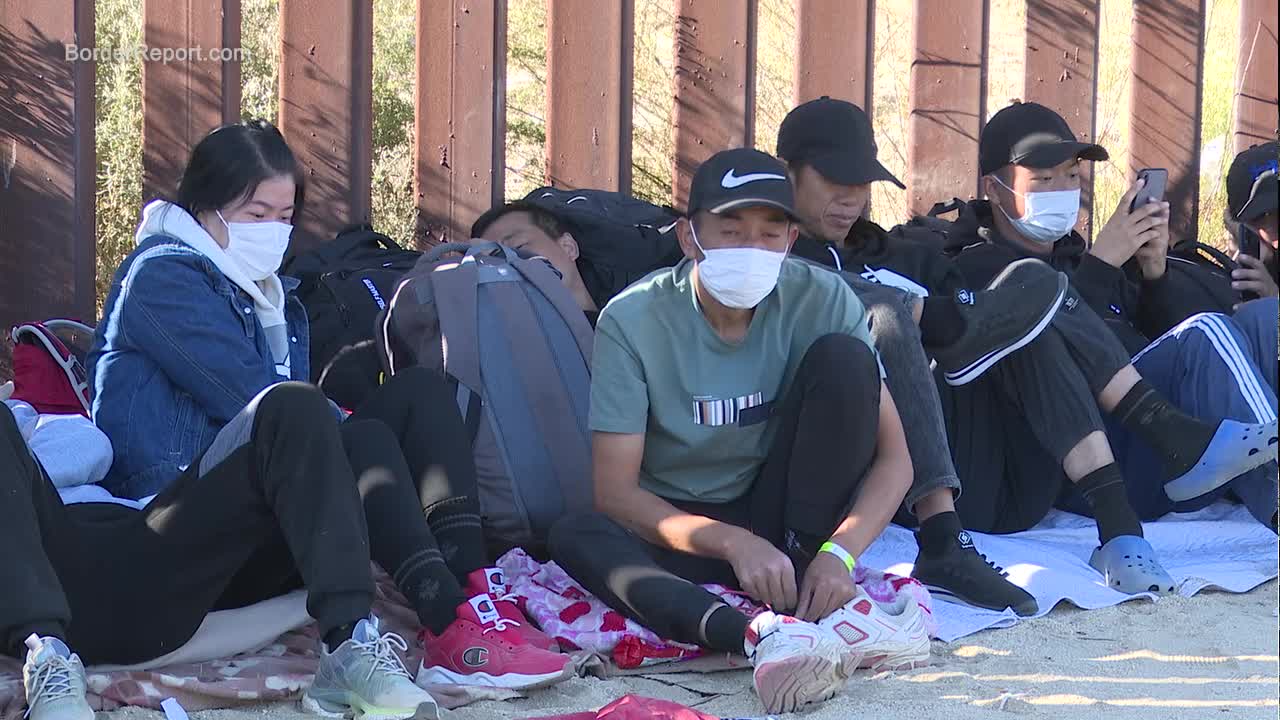SAN DIEGO (Border Report) — U.S. Assistant Secretary of State Brian Nichols was invited to speak at the University of California at San Diego’s Institute of the Americas, where the current wave of immigration was brought up almost immediately on Tuesday night.
“These are unprecedented times, never in human history have we had so many migrants on the move as we do right now,” said Nichols. “Some 28 million migrants in our hemisphere are moving for a variety of reasons. Whether it’s a lack of liberty, economic privation, climate factors, we can do many things with enforcement, with legal pathways, with addressing the root causes of migration in our hemisphere.”

Nichols also discussed a recent trip to Mexico and other countries in Latin America where possible solutions were considered.
“What we’re doing is building countries’ broad infrastructure to address irregular migration that they themselves are facing,” he said. “If you’re Panama you’re seeing this movement of migrants coming from Columbia into Panama then moving into Costa Rica, we need to make sure these countries can manage that flow.”
Nichols said Colombia is a prime example of a country providing part of the solution.
“Colombia right now has taken in two million migrants from Venezuela offering them protection,” he said.


Nichols was also asked about the current trend to release recently processed migrants onto the streets of San Diego and other U.S. cities along the border.
“They can only be held in detention for a short amount of time, so there are certain challenges that we face in administering the border,” said Nichols. “People without a lawful reason to be in the United States will be removed, but people have a right to present an asylum claim, but the border is not open.”
Nichols stressed the need for migrants to pursue legal pathways into the United States.
“I would urge anyone who is considering migrating irregularly into the United States not to do so to pursue the CBP One app or another avenue.”














